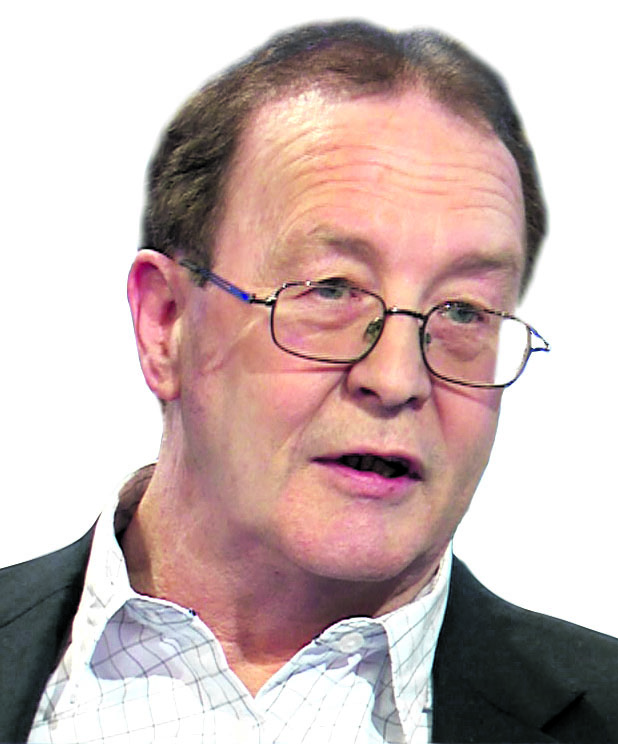David Ivon Jones (1883-1924): the African from Aberystwyth
Although he was a legendary organiser in South Africa — where he was an early advocate of racial unity, and he was finally buried with honours in Moscow — it is in his native Wales that this hero needs recognition, writes ROBERT GRIFFITHS
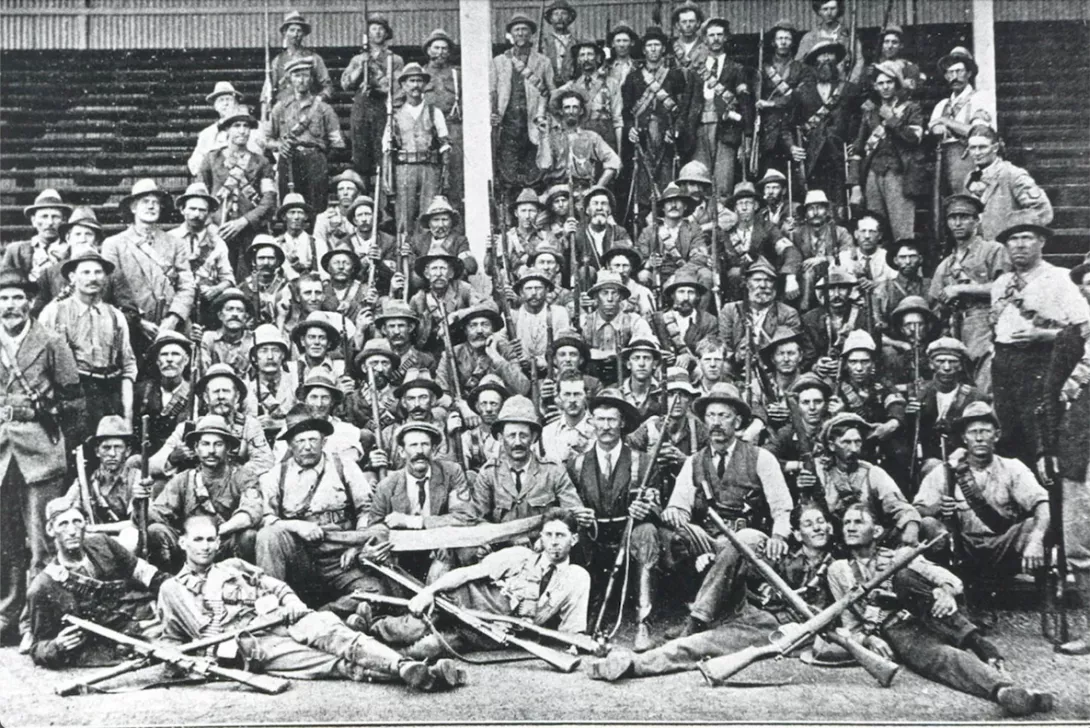
WHEN the body was brought to Moscow on Saturday June 14 1924, it was received by deputations from the Soviet government, the Red Army, Russian factories, the Comintern, the Youth International and many of the world’s new-born communist parties.
The four Communist Party representatives from Britain carried a wreath on which was inscribed: “To the memory of a great South African fighter.”
Except that the dead man was not South African at all. He was a Welsh-speaking native of Aberystwyth in Cardiganshire, a former preacher in the town’s Unitarian chapel and an ex-correspondent for the West Wales Gazette.
More from this author

In the second of two articles on Labour’s weak Budget, ROBERT GRIFFITHS argues that Britain’s massive private wealth and offshore tax havens show clear potential for radical redistribution through progressive taxation

In the first of two articles, ROBERT GRIFFITHS argues that despite a parliamentary majority, Labour’s timid Budget fails to seize a historic opportunity and lacks the ambition needed to address Britain’s deep social and economic crises
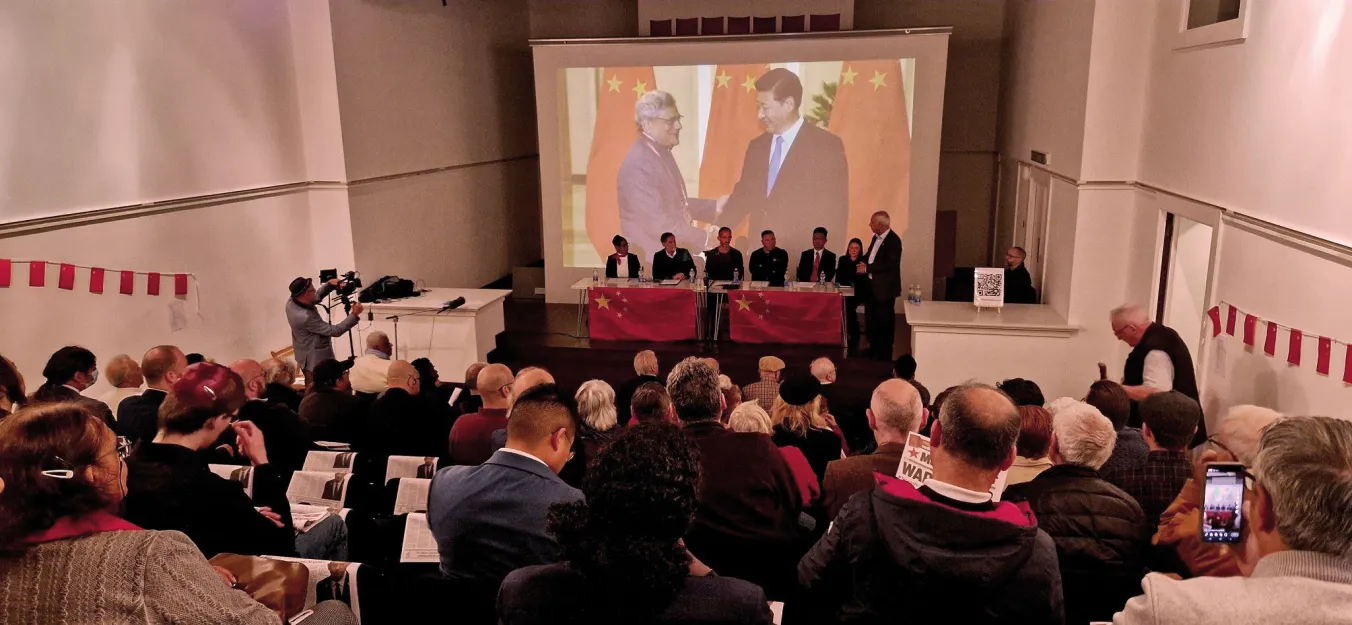
As the People's Republic turns 75, ROBERT GRIFFITHS details how British communists championed Chinese sovereignty against imperialism, weathering the political storms of the Sino-Soviet split and collapse of the USSR to rebuild relations for the modern era
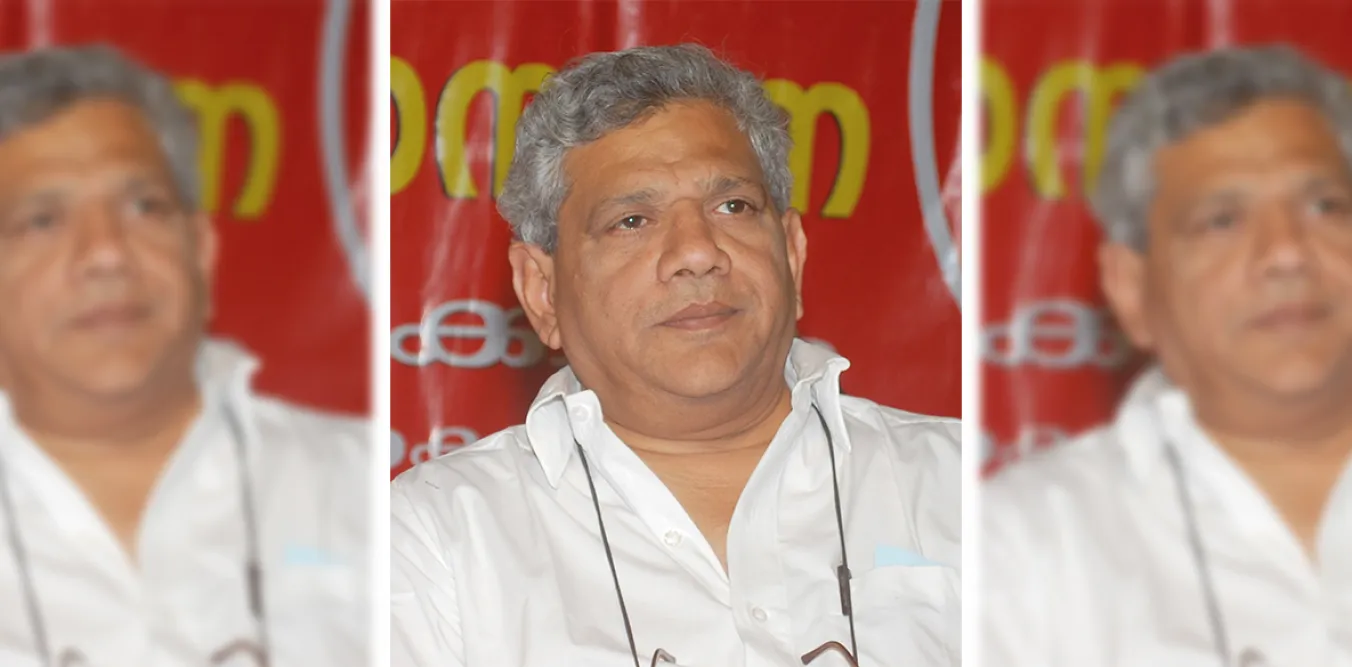
The leader of the Communist Party of India (Marxist) rose from campus politics to become a key strategist in building coalitions, shaping India’s politics through skilled negotiation and an unwavering commitment to Marxism
Similar stories
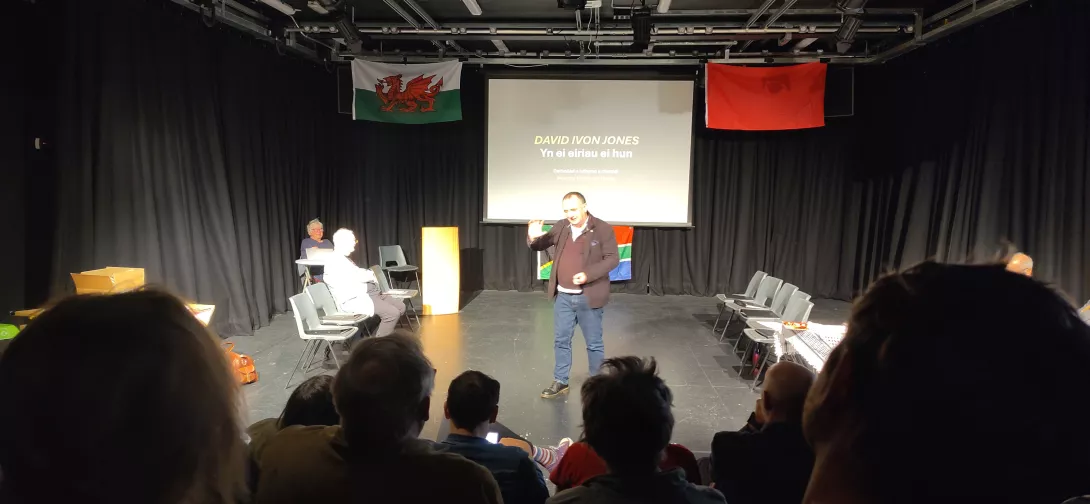
A century after his death, the forgotten communist pioneer’s legacy in South Africa and beyond is celebrated in Aberystwyth with films, talks and drama, writes MEIC BIRTWHISTLE
MEIC BIRTWISTLE previews commemoration events taking place next week to remember a Welshman at the heart of South Africa’s anti-apartheid struggle
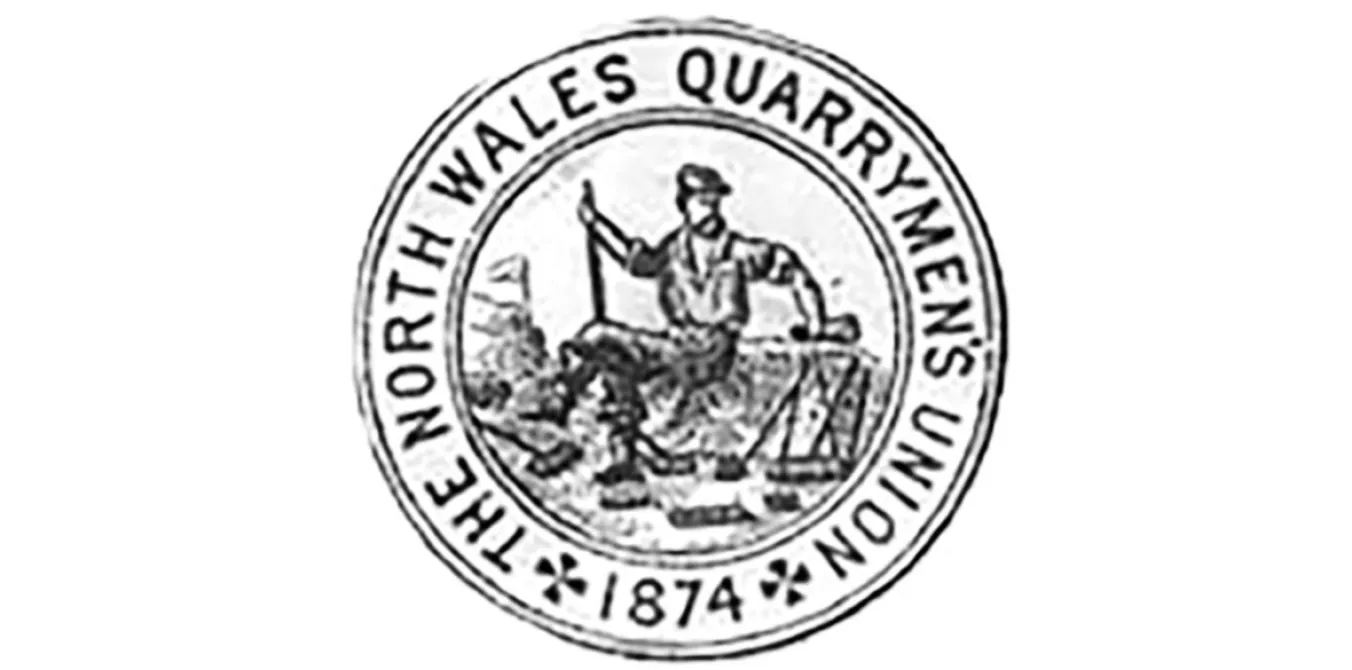
MEIC BIRTWISTLE reports on an event to celebrate the 150th anniversary of the creation of the North Wales Quarrymen’s Union
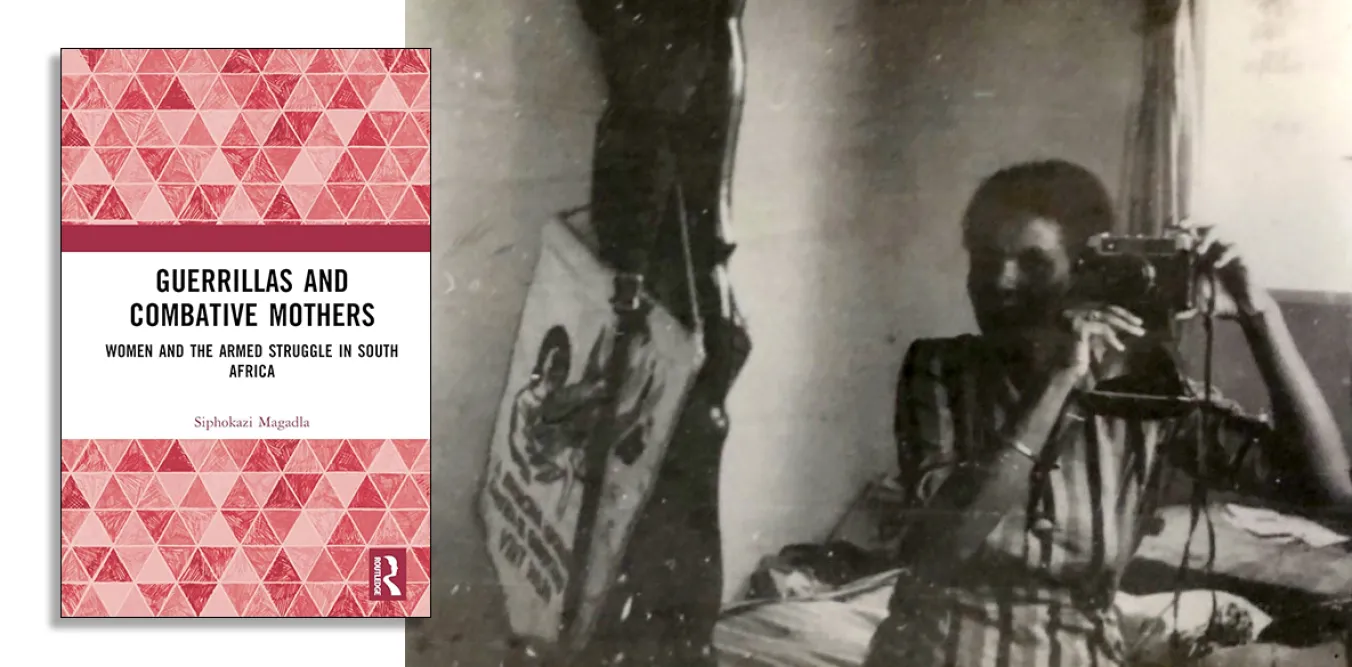
ANGUS REID speaks to historian Siphokazi Magadla about the women who fought apartheid and their impact on South African society


